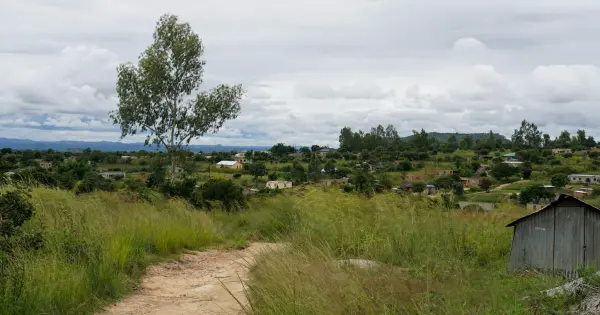Leaders of a resource-rich country such as Zimbabwe, whose economy is dependent on mining and agriculture sometimes have to make some difficult decisions. Some of the two difficult decisions the country has had to make in recent years has been about whether to accept and endorse the crippling tobacco and asbestos bans. The government has to choose between protecting long term health or the economy. Often they go for the economy as it boosts their immediate political prospects. You as a citizen, have to look out for your wellbeing.
The tobacco problem is easy enough to explain. Tobacco is one of our top foreign currency earning exports. Without it our coffers take a serious hit which we cannot afford because much needed foreign currency is always in short supply. On the other hand, we know the serious health risks that tobacco smoking poses. The “good news” here is tobacco mostly only affects those who choose to consume it mostly through smoking.
Asbestos is different and a little more complicated. Like tobacco, Zimbabwe is a big player in the sector with the country being the sixth largest producer of asbestos in the world. While research has forced cigarette makers to put big warning signs on packages asbestos doesn’t come with the same warning labels. In fact, even now in some areas, they are considered a sign of wealth if you buy them as roofing materials. Any other roofing material excluding tiles is generally considered inferior.
Perhaps motivated by the potential money to be made, the Zimbabwean government has done little to draw attention to the fact that asbestos is dangerous and has serious health issues associated with it. In fact quite the opposite, the government has sought to resume mining asbestos at different times in the past. Not only that, government-linked publications have at times sought to downplay the danger posed by asbestos.
In 2013 The Rotterdam Convention, a multilateral group tasked with the administration and overseeing of trade and production of dangerous materials wanted to place chrysotile asbestos (the type Zimbabwe produces) on an Annex III which is usually seen as a precursor to an outright ban. Zimbabwe vehemently objected using a line that the tobacco industry used for years, they claimed that there is no new credible scientific evidence to show this type of asbestos was dangerous despite overwhelming anecdotal evidence to the contrary. The government was driven by economic gain.
You should stay away from asbestos despite government policy
A lot of houses still have asbestos roofs over them. Wherever possible you should change that roof. Despite repeated denials by the government, several research organisations including the World Health Organisation (WHO), has shown that “all asbestos cause cancer in humans.” The claim that chrysolite is safe and only amphibole types of asbestos are dangerous as is often asserted in government publications like the Patriot and Herald is patently false.
According to the WHO, over 107 000 people die each year due to asbestos-related diseases. That’s a lot of people. Deaths are due to asbestos-related lung cancer, mesothelioma and asbestosis resulting from occupational exposures i.e. exposure at work. This includes people who actually mine the asbestos and people involved in the handling of asbestos including carpenters who do the roofing. Sawing asbestos is especially dangerous but so is living in a house roofed with asbestos for prolonged periods and inhaling air that might have asbestos particles.
The best way to prevent asbestos-related illnesses is to avoid their use altogether and limit your exposure to them. So stay away from asbestos. If you are building, consider other roofing materials. ZINC coated sheets are cheaper and with the right paint, they actually look nicer than asbestos in my opinion. If your house already has asbestos get rid of them as soon as possible. Living in such a house is a serious health risk.




